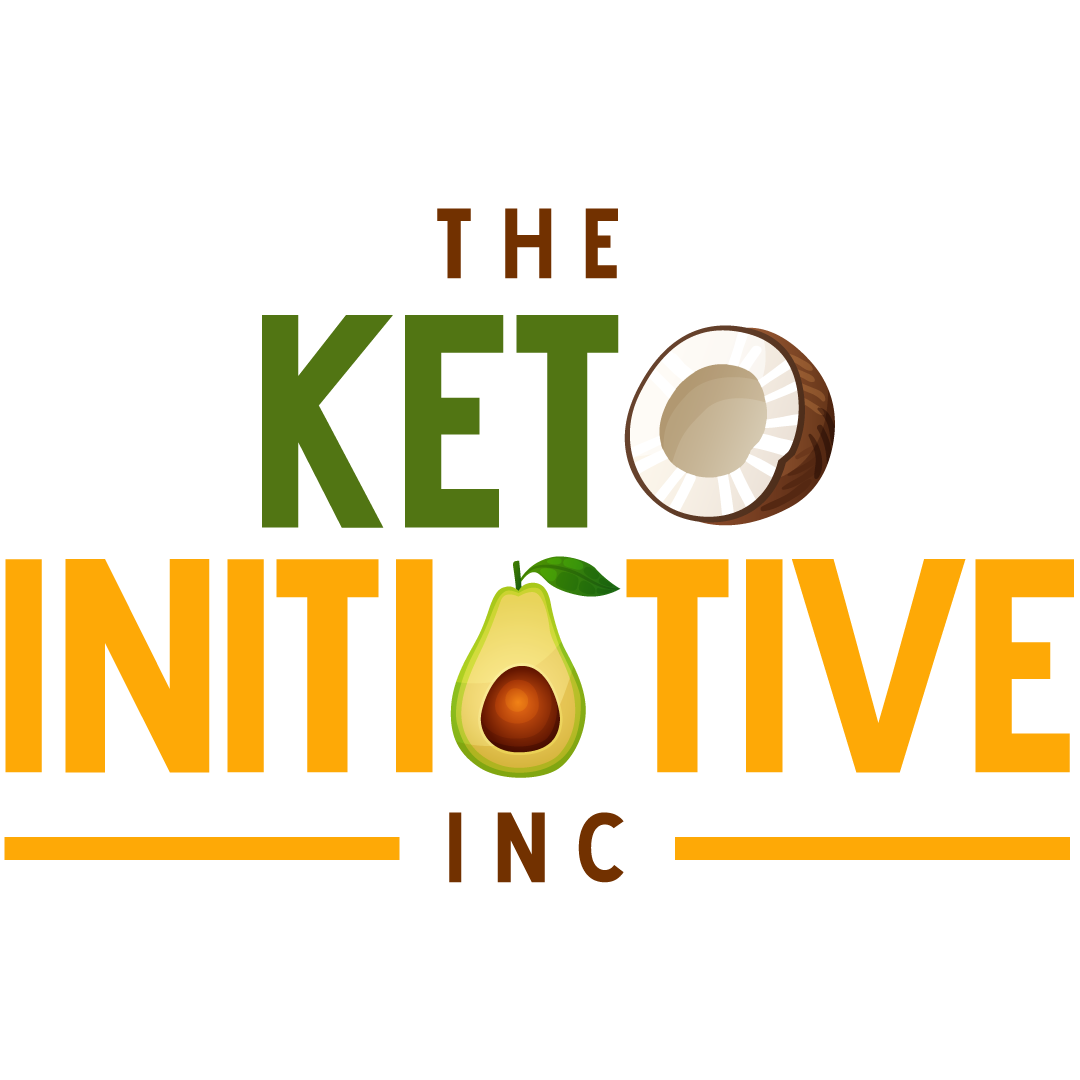What is a Ketogenic Lifestyle?
If you haven’t noticed already, many people are nowadays making significant changes in their diets. People just don’t take the usual carbohydrates, proteins, and vitamin combinations as their everyday diet anymore.
One of the well-established dieting plans is the ketogenic lifestyle. A ketogenic lifestyle is simply a lifestyle that involves the consumption of a low-carb high-fat diet. Currently, more than 20 studies have proved that a ketogenic lifestyle is appropriate for weight loss.
Besides weight loss, the ketogenic lifestyle has several other benefits against most chronic illnesses and degenerative disorders of the brain. But how exactly does the ketogenic lifestyle work?
The Physiology of The Ketogenic Lifestyle
Generally, the human body has three major sources of energy. These sources of energy include carbohydrates, proteins, and fat. Under normal circumstances, your body is only able to break down carbohydrates into glucose.
Once glucose is produced, it enters into the cells where it undergoes several biochemical processes to yield energy. However, the entry of glucose into the cells requires a hormone called insulin.
Insulin makes cells able to uptake glucose. In patients with diabetes mellitus (whether type 1 or type 2) their symptoms of high blood sugar (hyperglycemia) are due to insufficient production of insulin or decreased sensitivity to insulin.
Simply put, glucose is the food for our cells and insulin is the key to unlock the cells. This concept is important to understand, especially for people with insulin resistance or inadequate insulin production.
Carbohydrates are the primary sources of energy for the body. But what happens when there are inadequate carbs in the body? In such a situation, the body relies on the next source of energy – fats.
The source of this fat is usually the adipose tissue where body fat is stored. In the natural sense, breakdown of fat occurs in cases of starvation or decreased intake of carbs leading to weight loss. An unchecked breakdown of body fat can lead to severe muscle wasting.
In a ketogenic lifestyle, carbs are substituted for fats. Consequently, the body shifts metabolism to favor fat breakdown. When you drastically reduce your consumption of carbohydrates your body no longer relies on glucose for energy. With the restriction of carbohydrates, a natural metabolic change happens in the body and the liver mobilizes your fat into ketones. This state is called ketosis.
During Ketosis your liver will take both stored and consumed fat and produce Ketones. The Ketones are then used in place of glucose as fuel for your cells. Essentially, you become a fat-burning machine!
The major difference between uptake of glucose and uptake of ketones by the body cells is that cells depend on insulin to uptake glucose but insulin is not required for cells to uptake ketones. This concept is important when discussing most health issues today and why the keto lifestyle is so important.
Another key point is that for your body to store fat it needs several hormones to complete this process, the main one being insulin. When insulin is present in the bloodstream fat is stored and trapped inside the cells, when insulin is absent (when in ketosis) the cells are opened and the body can use the fat as fuel.
When we consider the recommended macronutrient consumption, we should consume 80% good fat, 15% Protein and 5% or fewer Carbohydrates daily. By keeping carbs under 20 grams a day, the metabolic processes in our body favor ketosis.
This process takes anywhere from a few days to a few weeks. From my experience, most people notice significant changes after 3 to 4 days depending on their level of carb consumption before starting. We have ways of testing so you will know when your body gets into ketosis.
Is A Keto Lifestyle Healthy for You? – Notable Benefits Of Keto
There is solid evidence that a keto lifestyle can help alleviate symptoms of certain illnesses and/or prevent the occurrence of these illnesses. Most importantly, the health benefits of a ketogenic lifestyle tend to focus on the neurologic nourishment – meaning a ketogenic lifestyle is ideal for proper brain health and cognitive enhancement.
From treating seizures in children to managing brain conditions such as Alzheimer’s disease, Parkinson’s disease, disorders, autism, and multiple sclerosis, studies have well documented the desired health benefits of a ketogenic lifestyle.
Granted, most people get into a ketogenic lifestyle to help them lose weight. There is adequate evidence that a ketogenic lifestyle can help you cut down on weight because your body turns into a fat-burning machine when you are on a ketogenic lifestyle.
Since the metabolism of ketogenic diets rarely involves insulin, a ketogenic lifestyle helps in controlling blood sugar. This is important because it reduces the health risks of high blood sugar, at least in the short term. It is also beneficial for people who are already suffering from diabetes.
A ketogenic lifestyle is a healthy lifestyle and should be tried by anyone who wants to boost their overall health. However, it is not a ride in the park for the faint-hearted. If you are unsure about where to start, consult, research and read widely before making a step.
A Ketogenic Lifestyle is changing they way our bodies currently feed our cells. In our normal digestion process the body makes Glucose which is then distributed thru our blood stream with insulin to feed our cells. The body needs Carbohydrates in order to complete this process.

